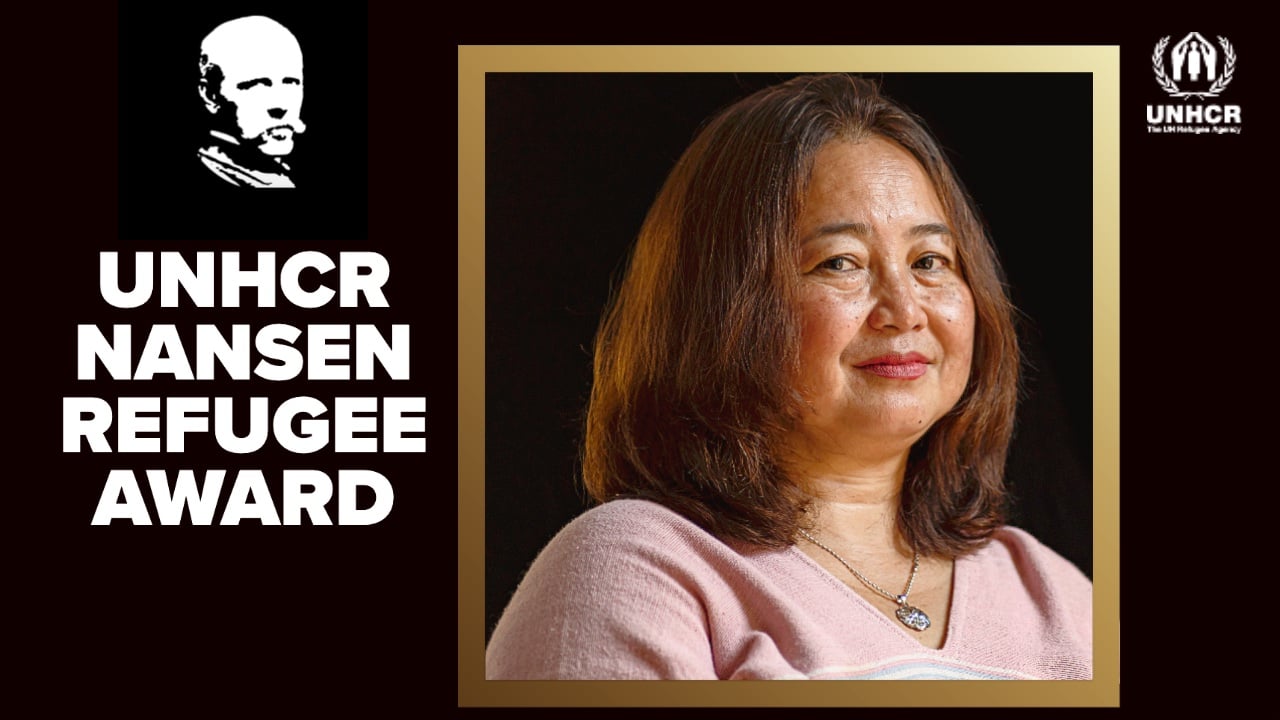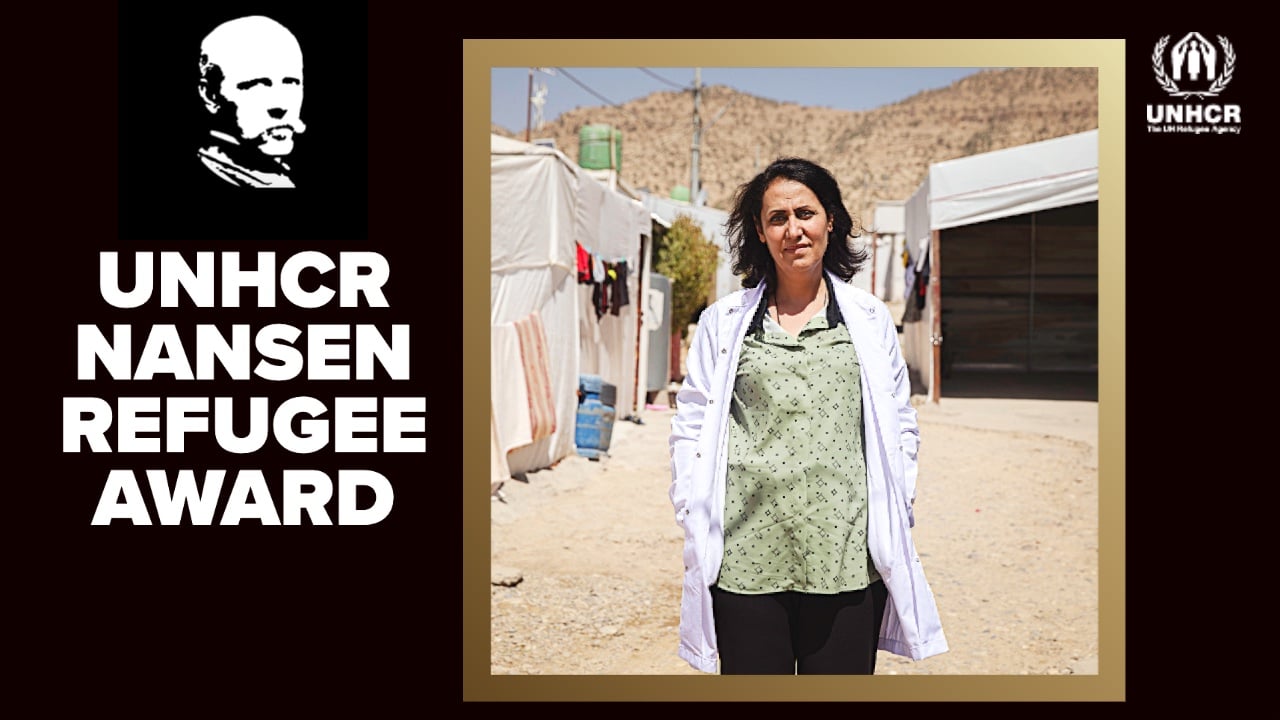Somalia: Despite insecurity, relief supplies from UAE stockpile reach internally displaced
Somalia: Despite insecurity, relief supplies from UAE stockpile reach internally displaced
UNHCR yesterday (Thursday) began trucking more than 28 tons of much-needed relief supplies that were delivered to Somalia in two airlift flights this week for distribution to up to 20,000 internally displaced people. The supplies were flown to Baidoa, 230 km north-west of Mogadishu, this week from UNHCR's emergency stockpiles in Dubai in the United Arab Emirates. Trucks are now carrying the aid items southwards to Afgooye, where there are at least 18,000 displaced Somalis who fled recent fighting in the Somali capital. Afgooye is 30 km west of Mogadishu.
The airlifted supplies consist of 9,000 blankets, 1,800 plastic sheets, 3,600 jerry cans and 1,800 kitchen sets which will be distributed to displaced families mainly in Afgooye and Marka. Thousands of displaced Somalis have spent nearly two weeks without proper food, water or shelter. Families with no relatives or clan links in the area continue to live in the open, or under trees. The need for shelter material is now more pressing because of the rainy season which normally begins this month.
UNHCR has additional stocks for up to 5,000 families in Mogadishu and smaller quantities in the town of Marka. However, we are still facing difficulties in bringing items out of the warehouses for distribution to thousands of families who fled from the capital to the adjacent provinces of Middle and Lower Shabelle. Insecurity in parts of Mogadishu has continued to jeopardise humanitarian access to the Somali capital and surrounding regions, making the plight of civilians all the more desperate.
About 128,000 Somalis are believed to have fled from Mogadishu since the beginning of February. Nearly 90,000 of them have sought safety in the adjacent provinces of Middle and Lower Shabelle (Shabelle Dhexe and Shabelle Hoose). An estimated 18,000 people have settled in the district of Afgooye. As the area has grown increasingly crowded, new arrivals are now compelled to move further north, notably towards the towns of Baidoa and Balcad.
It is estimated that up to 4,000 people may be recently displaced in Baidoa, among them some 1,200 from Mogadishu who have moved on since 5 April from Afgooye. Many of the newly displaced people in Baidoa are said to be originally from the Bay region and were living as IDPs in Mogadishu. Another 2,700 people have moved out of Afgooye towards Balcad since April 5.
These figures, compiled by UNHCR from information provided by a monitoring network of local NGOs in Somalia, may still rise as people continue to flee Mogadishu, where a truce had been holding for about 10 days despite sporadic gunfire. Clashes resumed Wednesday between the Ethiopian-backed TFG [Transitional Federal Government] forces and the insurgents.
Meanwhile, there are reports that small numbers of people are also making their way to Doble, a small Somali town adjacent to the Kenya border. On 10 April, 11 minibuses ferried more than 200 people from Mogadishu to the border town. There are reports from NGOs with access to Doble that there is daily trickle of people from Mogadishu to the town, which is hosting between 2,000 - 3,000 freshly displaced people. The health situation remains a concern following an outbreak of diarrhoea last week that is reportedly worsening. Seven new cases were this week admitted to an isolation camp set up by the community. Three of the cases, involving children under the age of five, are said to be severe. For security reasons, the UN does not have access to Doble and is unable to verify these reports.
QUESTION - Is the Kenyan border still closed or have you made progress on that?
SPOKESMAN - The border has indeed remained closed to refugees and asylum seekers since January 3. UNHCR made its concerns known at the time. We are continuing our dialogue with the government to seek access for refugees and asylum-seekers. We recognise that governments have legitimate national security concerns and responsibilities. We believe these concerns can be met while at the same time ensuring that those in need of international protection can get it. UNHCR stands ready to work with the government to ensure proper screening of new arrivals and ensure that asylum is only granted to genuine asylum seekers. In this regard, we are ready to implement a proposal on joint screening that was earlier agreed with the government.









